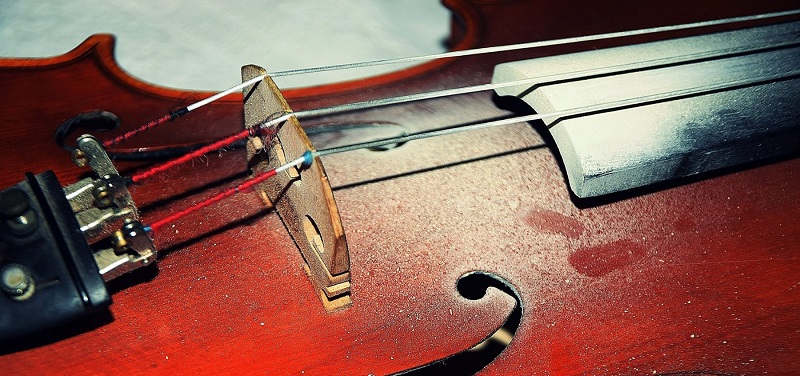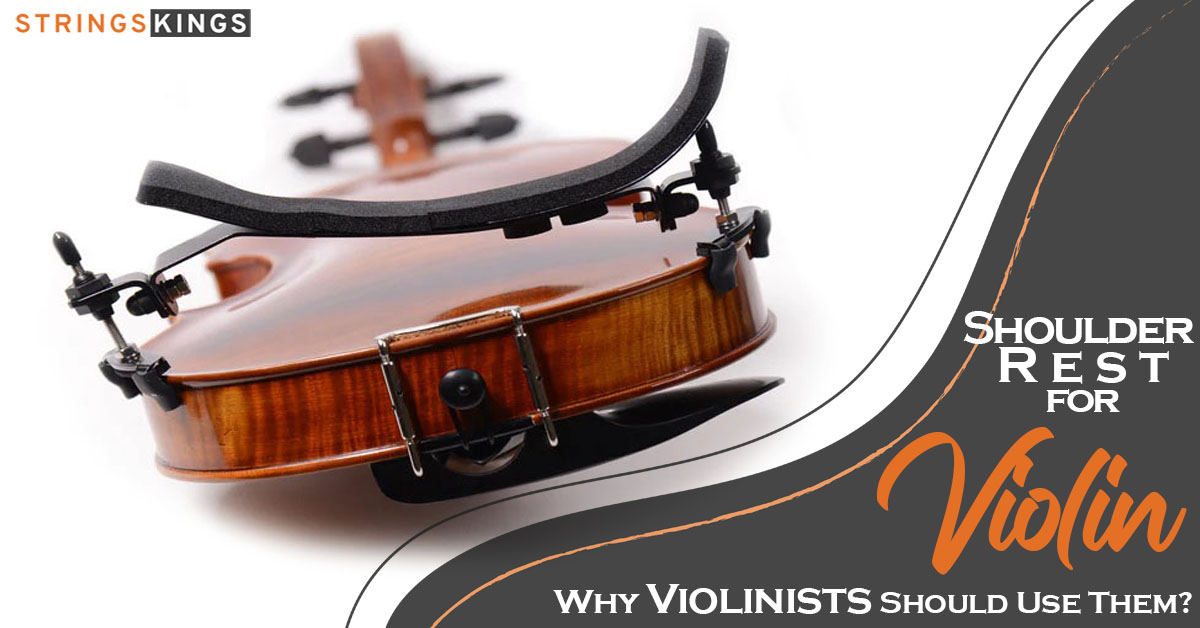Table of Contents
Does Violin Rosin Go Bad?
Introduction
In the absence of rosin, the bow slides across the strings without creating enough friction to sound. Due to the horsehair of the bow being too smooth without rosin, the strings are more easily gripped.
In my violin, I keep a box of it. Bow rosin stays in my case, except when I rosin the bow after each practice session. You may have found an old violin case containing a rosin box and wondered if it had an expiration date.
Is it possible for violin rosin to turn bad? The rosin of a violin lasts for about four years in general. Rosin loses its stickiness as it ages, making it less able to grab the strings and produce sound. It becomes stiff and brittle, making it less useful. There will eventually be a need to replace the rosin as it degrades slowly. It’s a good thing bow rosin doesn’t cost a lot.

Check our article on the best violin rosing here!
How Old Is Your Rosin?
Rosin comes in a variety of quality and price ranges. In terms of quality, the date when rosin was made makes a big difference. Rosin of high quality is usually newer when purchased than rosin of lower quality, which may be years old. Your violin can also be coated with a layer of white, powdery residue from low quality brands.
Even though most violin rosin boxes don’t have an expiration date, you can tell if it’s gone bad by a few signs. The quality of the rosin may be compromised if the packaging is damaged or the rosin is stored improperly. The rosin should also be soft enough that once the bow is drawn across the block, it leaves a dusty trail. It will remain shiny and dust-free if it is old. It is generally believed that a block of rosin will last between six months and two years in general.
The Signs of Bad Rosin: How To Identify The Problem
It would be beneficial to determine whether your rosin has actually become faulty before purchasing new rosin. You can tell rosin is not of good quality by its smell. It is possible for rosin to oxidize over time, resulting in a hardening and in hardening smell. It’s time for a new rosin cake if this is the case.
There’s no guarantee that rosin will smell bad when it goes bad. You can also check if you need new rosin by running your bow along it. It is still acceptable to use rosin if a small path of dust remains on it. When it is shiny and dust-free, then you either need a new one or should attempt to revive it.
In addition, if your rosin is improperly stored or the package is damaged, the quality may be compromised. You may still be able to use ineffective rosin, but it may not produce the sound you are seeking.

Violin Rosin Drying Factors
Inappropriate container
It is recommended that violin rosin be stored in a closed container in a cool, dry, dark environment. These conditions will prevent the rosin from drying out. If you wish to store your violin rosin, it is recommended that you keep the room at a cool temperature. Hot temperatures will cause it to dry out more quickly.
It is recommended that you store your rosin at least one foot away from direct sunlight, heaters, and windows that receive direct sunlight. When too much light hits the violin rosin, it will become brittle and break apart more easily when played by you or someone else who might borrow your instrument in the future!
Open air
When storing rosin, it is essential to keep it in an airtight container. The tailpiece of some violins come with a small, plastic container that holds rosin, but other types of containers can also be purchased online or at music stores.
Consider investing in one if you do not already possess one so that your rosin does not dry out or become damaged. In addition, it is important to keep the top of your violin closed during practice sessions and performances in order to prevent dust from entering the instrument while you are playing it. This will protect the instrument from damage over time and will increase the lifespan of the instrument.
Changes in Temperature
Temperature variations are the most common cause of dried out violin rosin. When traveling, violin cases may be exposed to extreme temperatures and humidity. As a result of these temperature changes, the violin rosin may become sticky or soft due to condensation within the container.
A humidifier is usually included with violin cases as a means of preventing this problem by adding moisture back into the dry air inside the case. In case you are not using a humidifier, you should consider installing one if you are going on an extended trip or playing in an area with high ambient humidity levels (such as Florida).
Sunlight
If you expose violin rosin to sunlight or UV light, it will lose its adhesion and become brittle. The sun also contributes to the yellowing of rosin. Since rosin is a natural product, it will react to sunlight in the same manner as any other plant-based material. Look no further than here for information on the proper care of violins and bows.
Moisture
In a low-humidity environment, violin rosin may dry out. High humidity is no different. A high level of humidity can cause rosin to become gummy or completely dry out due to the amount of moisture in the air.
If you live in an area with very low levels of humidity, you may need to keep your violin rosin closer than usual in order to prevent it from being adversely affected by fluctuations in temperature and humidity. Try keeping your violin case closed if this is not possible.
Conclusion
After a couple of years, violin rosin can go bad. You may want to replace it if you notice that it sticks less to the bow. The cost of good rosin ranges from $5 to $15, but it will have a significant impact on how your violin sounds.
Violin rosin oxidizes as it ages and undergoes structural changes. Consequently, you may not be able to hear any sound or it may sound scratchy. You should always replace your rosin when that happens.







